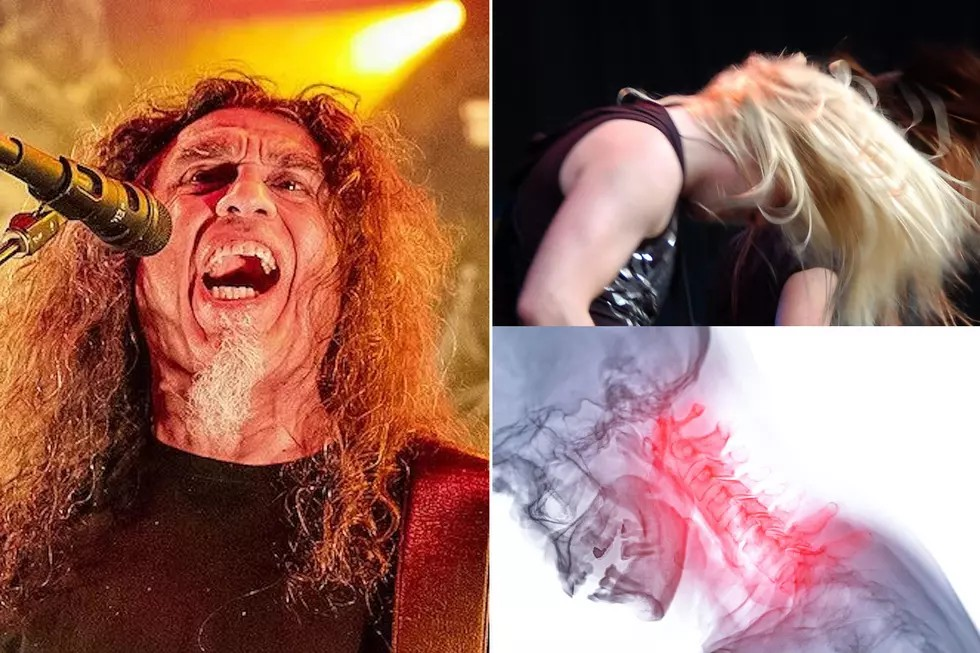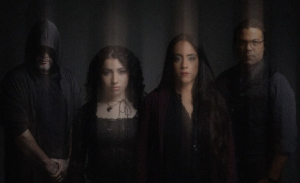
Headbanging has long been a hallmark of rock and metal performances, embodying the raw energy and passion of the genre. However, as time marches on, several iconic musicians have found it necessary to tone down or even cease this vigorous activity due to health concerns. Let’s explore some notable examples:
Rob Barrett of Cannibal Corpse
Rob Barrett, the seasoned guitarist of Cannibal Corpse, decided to stop headbanging around five years ago. He likened the physical demands of headbanging to those faced by athletes, emphasizing the importance of recognizing one’s limits with age. Barrett observed that improper headbanging can appear awkward and felt that focusing solely on his guitar performance enhanced his live shows. He also acknowledged that with frontman George “Corpsegrinder” Fisher’s intense onstage presence, his own headbanging was less critical to the band’s dynamic.
Jason Newsted, Former Metallica Bassist
During his tenure with Metallica, Jason Newsted was renowned for his relentless headbanging. However, years of this physical exertion led to self-induced whiplash. Medical professionals from various countries advised him to cease the practice to prevent further injury. Reflecting on his performances, Newsted acknowledged the toll headbanging took on his spine and overall health.
Dee Snider of Twisted Sister
Dee Snider, the dynamic frontman of Twisted Sister, recognized the physical challenges of maintaining his high-energy performances as he aged. He noted that while artists like Alice Cooper adopted stage personas that aged gracefully, his own intense style became increasingly demanding. To preserve his health and ensure he could continue performing, Snider made the conscious decision to stop headbanging, acknowledging that his neck “just about had it.”
Other Notable Mentions
The physical repercussions of headbanging have affected various artists across the rock and metal spectrum. For instance, Dave Mustaine of Megadeth and Tom Araya of Slayer have both experienced neck and spine issues attributed to years of intense headbanging. These health concerns have led many musicians to modify their performance styles to prioritize longevity and well-being.
In Conclusion
While headbanging remains a powerful expression of musical passion, it’s essential to recognize the physical toll it can take over time. Many rock legends have chosen to adapt their performance styles, ensuring they can continue to share their art without compromising their health.
Instagram Post:




